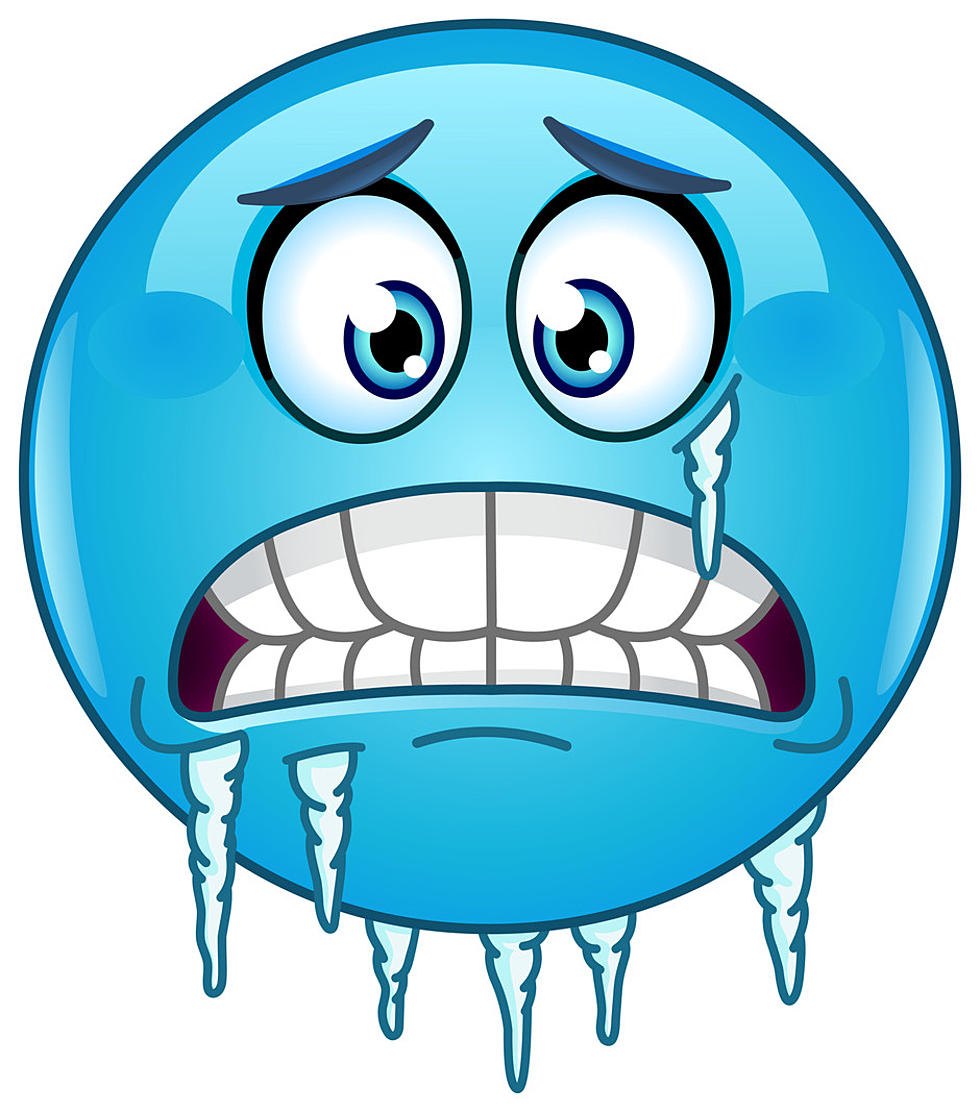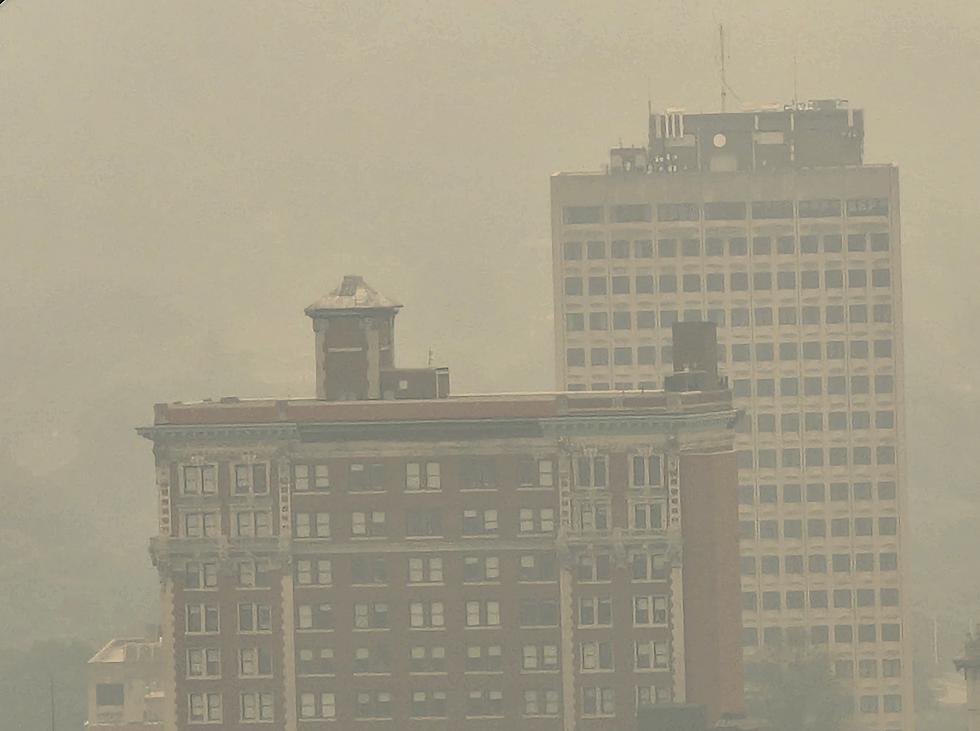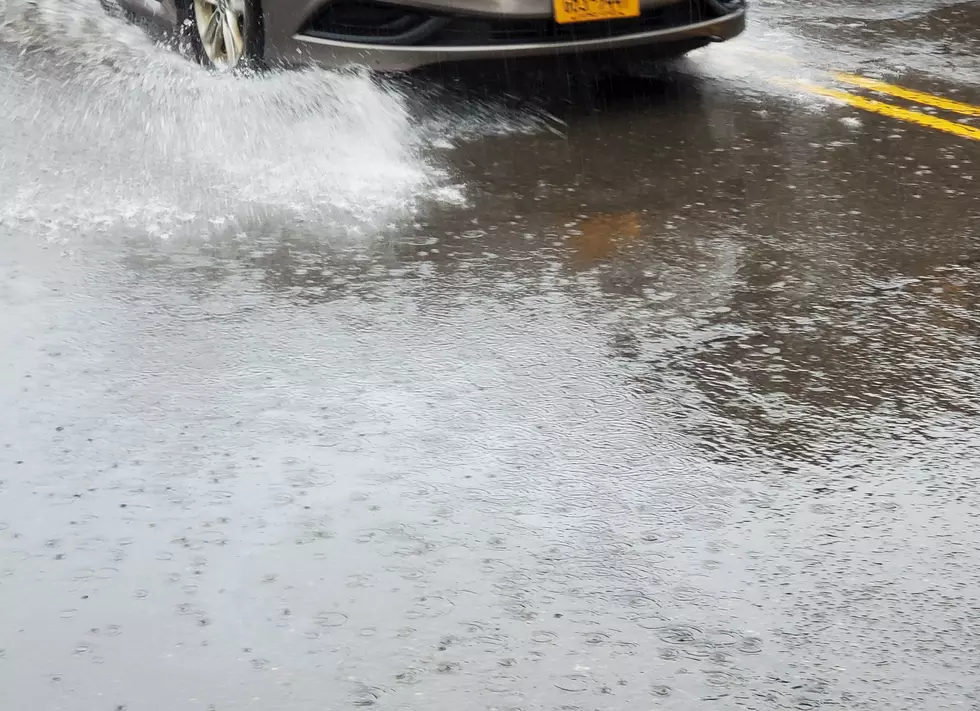
Why Does New York Smell So Good After Rain?
As we in Binghamton get ready to make the switch from the snowy season to the rainy season, one question remains. Why does it smell so good after it rains?

Admittedly, it's been about 15 years since I've had to call upon my earth science knowledge from high school to answer a question like this. In fact, I had never even thought about why it smells so good after rain until this very week. And maybe I had forgotten about it because back in the city, rain just meant the air was going to smell like wet garbage, which is obviously not nearly as pleasant as the smell of the air in Binghamton when it rains.
So why does it smell so good after it rains?
According to an article on LiveScience by Elizabeth Peterson, it's all about aromas generated by the ground and plant life after they get some much needed moisture.
According to the article, an odor called "petrichor" is responsible for a portion of the clean air smell. Scientists discovered that the odor is created by two reactions, when baked clay soil in arid regions receives that splash of water and when soil-dwelling bacteria know as actinomycetes are released. Combined, they create that "petrichor" scent when rain hits the ground.
The article also noted that plant life in certain regions likely plays a part, as some plants secrete oils to keep moist during dry seasons and when it rains, stearic acid and palmitic acid are released into the air, creating the fresh smell.
The Will County Forest Preserve District came to a similar conclusion, citing a compound called "geosmin" produced by actinomycetes bacteria in the ground that get released into the air when it rains. Those compounds are always present in most healthy soils, but their spores are only released into the air when it rains.
That same article also found that the difference in the smell between after a simple rain storm and a more intense thunderstorm is related to ozone, a form of oxygen. When lightning strikes, nitrogen and oxygen in the air are split into separate particles and then some of the particles combine as nitric oxide. It's always up there in the sky, but drafts push the ozone closer to the earth, making it possible for us to enjoy the smell down on the ground.
Describing Binghamton, New York in Your Words
25 Craziest UFO Sightings in New York in 2022
More From WNBF News Radio 1290 AM & 92.1 FM









